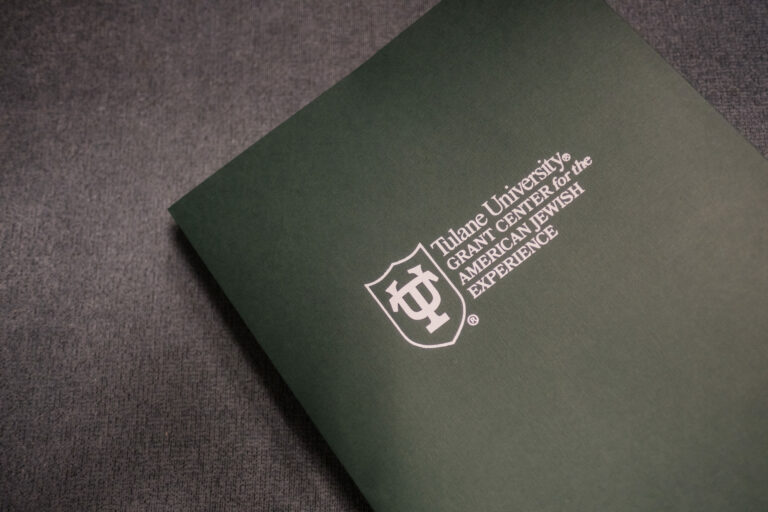Author: Cuberis
US abortion ruling ‘another blow’ to women’s educational chances
Estimated 180,000 students – mostly low-income women – face disruption to academic careers as states allowed to forbid female healthcare
Religious Children Make Better Students. But Are They Also Less Ambitious?
In the first part of her book God, Grades, and Graduation, Ilana Horwitz puts forward a simple argument: religious children do better at school than their nonreligious peers. Michal Leibowitz praises Horwitz’s “uncommonly good” research, which manages to disentangle religion from socioeconomic factors, and combines quantitative analysis with the qualitative data that come from numerous interviews. But Leibowitz is less convinced by Horwitz’s other conclusions:
The Perks of Faith: How religious belief and behavior help students thrive in school
Why do some young people thrive in school while others flounder? In her new book God, Grades, and Graduation: Religion’s Surprising Impact on Academic Success, Ilana Horwitz points to religion as one answer. Unlike previous studies, though, Horwitz is not examining whether a school is religious but whether the students are. For all the debate over the role of religion in the schools, Horwitz instead turns her attention to how religious belief and behavior outside of school can affect the success of students in school. Specifically, she draws on a wealth of data to make the case that working-class kids in particular are more likely to finish high school and attend college if they are “abiders”—that is, if they have strong religious beliefs and an active role in a religious community.
Survey finds ‘classical fascist’ antisemitic views widespread in U.S.
At points in the past half-century, many U.S. antisemitism experts thought this country could be aging out of it, that hostility and prejudice against Jews were fading in part because younger Americans held more accepting views than did older ones.
Number of antisemitic incidents in Massachusetts surged in 2022
Massachusetts saw an alarming rise in antisemitic incidents in 2022, a surge that outpaced increases in both New England and the United States, placing the state among the top six for antisemitic activity in the country, according to a new report by the Anti-Defamation League.
Money Is Up. Patriotism and Religion Are Down
This week, The Wall Street Journal published a survey showing steep declines since 1998 in the shares of Americans who said patriotism and religion were very important to them. There were also big declines in the value placed on having children and being involved in the community.
What do students’ beliefs about God have to do with grades and going to college?
In America, the demographic circumstances of a child’s birth substantially shape academic success. Sociologists have spent decades studying how factors beyond students’ control – including the race, wealth and ZIP code of their parents – affect their educational opportunities and achievement.
The Motherhood Penalty Begins in College. Inside Higher Ed
With the unprecedented threat to reproductive care posed by Justice Samuel Alito’s draft opinion overturning Roe v. Wade, more and more women, particularly those from low-income backgrounds, could find themselves having to put their educations on pause to provide for a child.
The Future of Higher Education Needs to Embrace Religion
I spend a lot of time thinking about the future of higher education and the future of religion. Many people—and for a long time, I was one of them—see these as separate entities. In non-sectarian universities like Tulane, it is acceptable to teach students about different religious traditions (commonly via a comparative religion course), or to engage with religion in spaces like Hillel or the Catholic Center, but it seems less appropriate for professors to talk with students about how their religious perspectives influence their educational experiences more broadly. However, my research on American teenagers and their families tells me that it is often difficult to separate learning and religion, especially in the classroom. In fact, when we try to separate them, we are doing a disservice to students and to higher education institutions. We’re also ignoring how people learn.
I Followed the Lives of 3,290 Teenagers. This Is What I Learned About Religion and Education
American men are dropping out of college in alarming numbers. A slew of articles over the past year depict a generation of men who feel lost, detached and lacking in male role models. This sense of despair is especially acute among working-class men, fewer than one in five of whom completes college.
God, Grades, and Graduation: Religion’s Surprising Impact on Academic Success
Educational attainment has begun to divide our society, distinguishing those who can anticipate long, healthy lives from those who cannot. Americans with a bachelor’s degree have more job opportunities, more economic security, better health, and longer lives. Because our education system is deeply stratified by social class (i.e., socioeconomic status [SES]), it is clear that not everyone has an equal chance of enjoying the benefits that come from attending college. Here is just one example of how much social class matters: People from the top SES quartile are about four times as likely to obtain a bachelor’s degree as people from the bottom SES quartile (62% vs. 13%).
Is Social Distancing Unraveling the Bonds that Keep Society Together?
With birthday celebrations being downsized, religious services moving back online and indoor playdates getting canceled, millions of Americans are having fewer social interactions because of persistently high case numbers and high rates of transmission.





